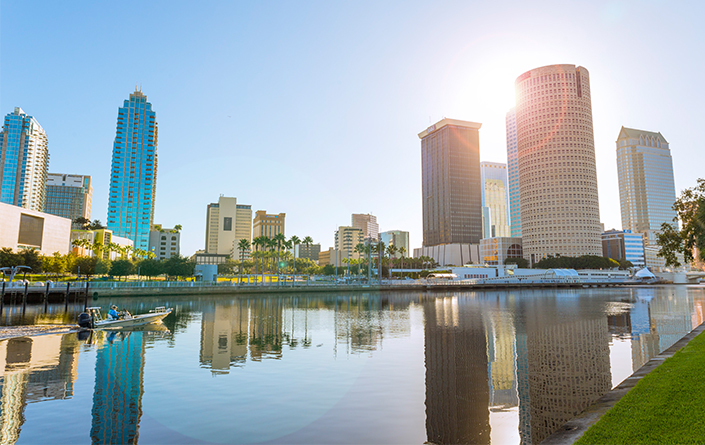Global Prosperity and Social Responsibility
Transcript
Michael Wiemer: [00:15] I'm wondering, Lourdes, if you could talk about how Latin American business schools contribute to global prosperity, with the unique strengths and attributes that you see demonstrated across the region.
María de Lourdes Dieck Assad: [00:27] Global prosperity has this connotation of growth and inclusion, of being able to allow economic development.
[00:39] The role, what business schools have been doing in Latin America, is precisely generating the kind of leadership, meaning leaders that can really implement the actions for businesses and for all kind of organizations that will allow that development around them.
[00:59] Latin America is really in need of high rates of growth—but more importantly, high rates of inclusion, because poverty levels on the people that are marginalized are very high compared, of course, to developed regions of the world.
[01:17] What are we doing about it? We are really incorporating in our programs elements of how to be socially responsible, with examples, with learning experiences or experiential learning, where the students are put very close to that reality. Because, if we don't do that, they become isolated from that real world, where they have to impact if we want to drive global prosperity.
[01:49] Incorporating in the curricula, these items, these components that will allow them to reflect, to have critical thinking, of what is my role.
[02:03] Because I have this great opportunity to have this kind of education, and society is waiting for me as a responsible leader, a leader that will drive prosperity, which is the only way to allow sustainability of our region, and I would say of the world, in the near future.
[02:23] The only reason that I see today why there are voices against globalization is because we have been unable, as a world, to allow more global prosperity around us. If we are agents of global prosperity, then we wouldn't have the problems that we are seeing against globalization.
[02:49] I think that this is an opportunity to show that business leaders and business schools, we can be the enablers of that mindset, so that those graduates are going to really take opportunities all around them—talent, technology—to build the prosperity that we are expecting from them.
Filmed April 2017 on site at AACSB's International Conference and Annual Meeting (ICAM) in Houston, Texas, USA.





